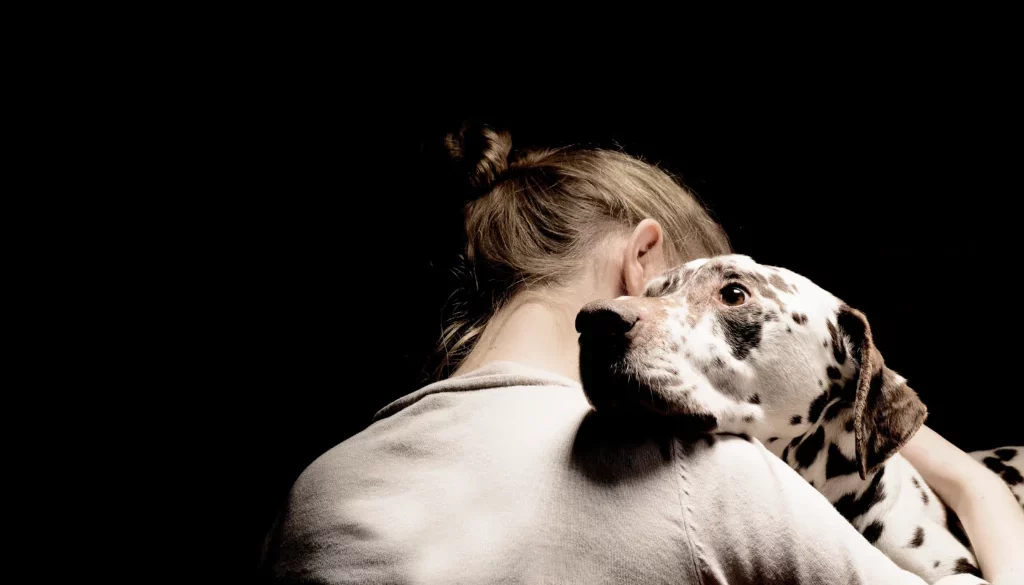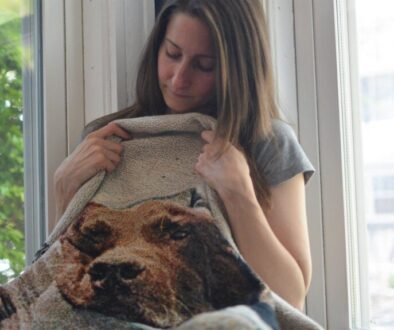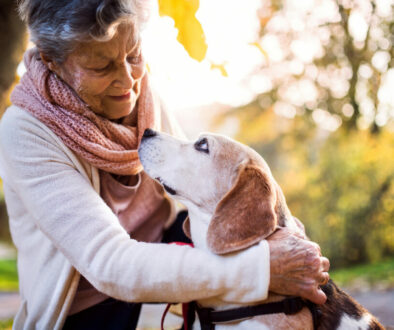Coping with Sudden Pet Loss: Tips for Immediate Grief
Coping with sudden pet loss can be an incredibly challenging and overwhelming experience. Losing a beloved pet can be a heart-wrenching experience, especially when it happens suddenly. The overwhelming grief that follows can leave you feeling lost, confused, and even immobilized. Coping with sudden pet loss requires understanding the grieving process, seeking support, and finding healthy ways to express and honor your emotions during this challenging time.
Losing a pet unexpectedly can be a traumatic experience, catching us off guard and leaving us devastated. Whether it’s an accident, illness, or unforeseen circumstances, the suddenness of the loss can make it even more difficult to cope with. In this article, we will explore effective strategies for dealing with the immediate grief that follows such a loss. By understanding the grieving process, seeking support, and taking care of our emotional well-being, we can navigate this difficult journey with compassion and resilience.
Understanding the Grieving Process
The grieving process is a natural and necessary response to loss. When it comes to pet loss, it is important to understand the different stages of grief and how they can impact our emotions and behaviors. By understanding the grieving process, we can better navigate through the pain and find healing in our own time.
The stages of grief, as described by psychiatrist Elisabeth Kübler-Ross, are denial, anger, bargaining, depression, and acceptance. It is important to note that these stages do not necessarily occur in a linear fashion, and individuals may experience them in different orders or revisit certain stages multiple times.
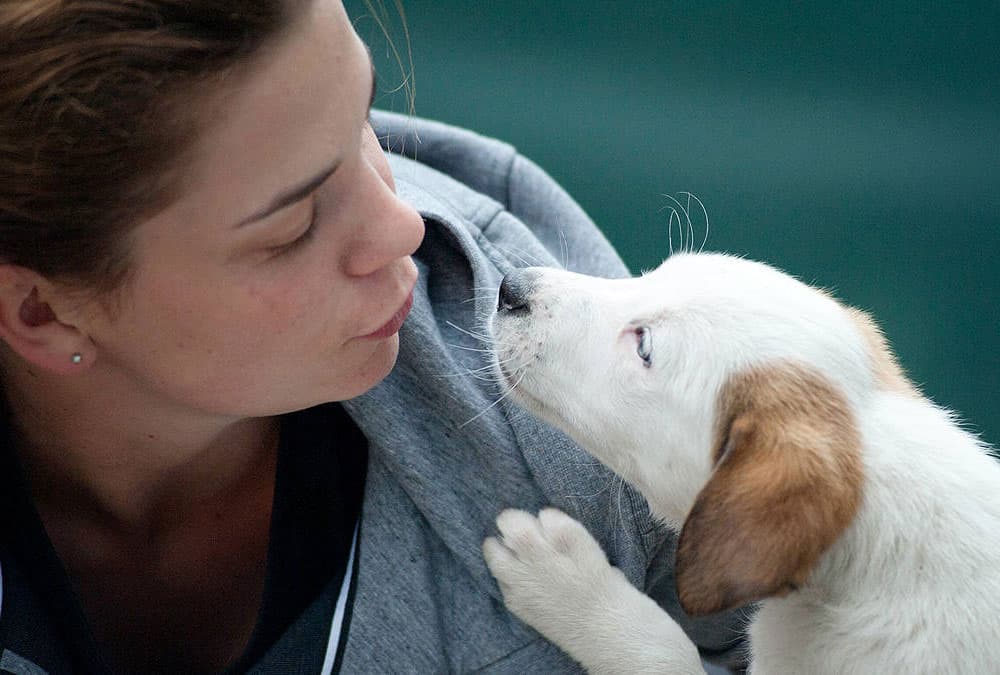
Denial is often the initial response to pet loss. It is a protective mechanism that allows us to gradually accept the reality of the loss. During this stage, we may find it difficult to believe that our beloved pet is truly gone, and we may engage in behaviors that reflect this denial, such as expecting them to come back or searching for signs of their presence.
Anger is a common emotion experienced during the grieving process. It is natural to feel angry at the circumstances that led to the loss of our pet or even towards ourselves for not being able to prevent it. This anger can manifest in various ways, such as irritability, resentment, or even directing blame towards others.
Allowing Yourself to Grieve
Allowing yourself to grieve is a crucial step in coping with pet loss. It involves acknowledging and accepting the reality of your pet’s absence and giving yourself permission to experience the full range of emotions that come with grief. Here are some important aspects of allowing yourself to grieve:
- Acknowledging and accepting the loss: It is essential to recognize and accept that your pet is no longer with you. This can be a painful and difficult reality to face, but acknowledging the loss is an important first step in the healing process.
- Allowing yourself to feel the emotions: Grief can bring forth a whirlwind of emotions, including sadness, anger, guilt, and even relief. It is crucial to give yourself permission to experience and express these emotions without judgment. Allow yourself to cry, scream, or simply sit with your feelings.
- Expressing emotions through various outlets: There are many ways to express and process your emotions during the grieving process. Some helpful outlets may include talking to a trusted friend or family member who understands your bond with your pet, writing in a journal to capture your thoughts and emotions, or engaging in creative activities like painting, music, or poetry.
- Finding comfort in support networks: Seek support from understanding and compassionate individuals who can provide comfort and empathy during this challenging time. Share your feelings and memories with loved ones who can offer a listening ear and understanding. Joining pet loss support groups or online communities can also provide a sense of belonging and connection with others who have experienced similar losses.
- Seeking professional help if needed: Grief can sometimes become overwhelming and affect your ability to function in daily life. If you find that you are struggling to cope with your emotions or experiencing prolonged and intense grief, it may be beneficial to seek professional help. A therapist or counselor can provide guidance, support, and tools to navigate the grieving process.
Seeking Support and Understanding
Seeking support and understanding during pet loss can make a significant difference in coping with grief. Here are some ways to find support:
- Sharing your feelings with loved ones: Reach out to family and friends who understand and empathize with the bond you had with your pet. They can provide a comforting presence and a listening ear. Share your memories, talk about your pet, and express your emotions openly.
- Joining pet loss support groups: Connect with others who have experienced pet loss by joining support groups or online communities. These spaces provide a safe and understanding environment to share your feelings and experiences. Hearing others’ stories and offering support can help validate your emotions and provide a sense of belonging.
Taking Care of Yourself During Grief
Taking care of yourself during grief is crucial to prioritize self-care while grieving the loss of a pet. Here are some self-care practices to consider:
- Maintaining a healthy routine: Try to maintain regular sleeping patterns, incorporate nutritious meals, and engage in regular physical activity. Keeping a routine can provide a sense of stability during a difficult time.
- Engaging in self-care activities: Participate in activities that bring you joy and relaxation. This could include hobbies, exercise, reading, listening to music, or spending time in nature. Engaging in activities that nurture your well-being can help alleviate stress and promote emotional healing.
- Practicing self-compassion: Be kind and patient with yourself. Understand that grief is a process, and it’s okay to have good and bad days. Allow yourself to rest, engage in activities that bring you comfort, and practice self-forgiveness as you navigate through the grieving process.
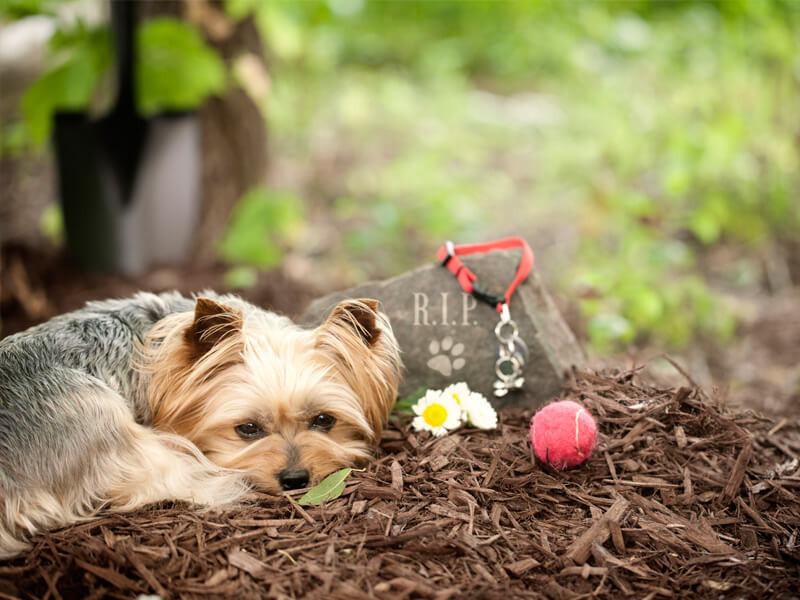
- Seeking professional help if needed: If your grief becomes overwhelming or starts affecting your daily life, consider reaching out to a therapist or counselor who specializes in pet loss or grief counseling. They can provide guidance, coping strategies, and additional support.
Honoring Your Pet’s Memory
Honoring your pet’s memory is an important part of the grieving process. Here are some ways to do that:
- Creating a memorial or tribute: Designate a physical space in your home or garden where you can create a memorial for your pet. This could include a photo collage, a special display of their belongings, or a personalized memorial stone. You can also create an online tribute through social media or dedicated pet memorial websites.
- Participating in rituals or ceremonies: Consider having a small ceremony or ritual to honor your pet’s life and say goodbye. This could involve lighting a candle, releasing balloons or lanterns, or planting a tree in their memory. These acts can provide a sense of closure and allow you to express your love and gratitude for your pet.
Coping Strategies for Immediate Grief
During the initial period of grief, it can be challenging to manage the intense emotions. Here are some coping strategies to help:
- Keeping a journal: Writing in a journal can provide a healthy outlet for expressing your thoughts, emotions, and memories. It allows you to process your grief and reflect on the special moments you shared with your pet.
- Engaging in physical activities for catharsis: Exercise or physical activities, such as walking, running, or yoga, can help release pent-up emotions and provide a sense of relief. Physical movement can also increase endorphin levels and improve your overall mood.
Dealing with Guilt and Regrets
It is not uncommon to experience feelings of guilt or regrets after the loss of a pet. Here are some strategies for coping with these emotions:
- Accepting the circumstances surrounding the loss: Recognize that not all circumstances are within your control, and sometimes things happen despite our best efforts. Accepting that you did your best under the circumstances can help alleviate feelings of guilt.
- Forgiving yourself for any perceived mistakes: Understand that you are human and make mistakes. Forgive yourself for any decisions or actions you may feel remorseful about. Remember that you provided love, care, and a happy life to your pet.
Handling the Practical Aspects of Pet Loss
There are practical tasks that need to be addressed after the loss of a pet. Here are some considerations:
- Making arrangements for burial or cremation: Decide whether you want to bury your pet in a designated pet cemetery or have them cremated. Research local laws and regulations to ensure compliance.
- Handling documentation and legalities: Notify your veterinarian about the loss and update any relevant records. If necessary, transfer ownership of licensing or registration documents. Consider updating your will or estate plan if your pet was included.
Exploring Professional Help
Exploring professional help is a beneficial option when dealing with pet loss. Here are some ways to consider professional assistance:
- Considering therapy or counseling: If you find that your grief is overwhelming or impacting your daily life, seeking therapy or counseling can provide invaluable support. A therapist or grief counselor can help you navigate through the grieving process and provide guidance in coping with the loss of your pet.
- Seeking guidance from grief experts: Grief experts, such as pet loss counselors or support groups specializing in pet loss, can offer specific knowledge and understanding of the unique challenges associated with the loss of a pet. They can provide strategies and resources to help you cope with your grief effectively.
Coping with Other Pets in the Household
- Recognizing their grief and offering support: Other pets in the household may also experience grief and miss the presence of their companion. Be attentive to their behavior, appetite, and mood changes. Offer them comfort, extra attention, and reassurance during this time.
- Maintaining their routines and providing comfort: Keeping regular routines for your other pets can provide stability and a sense of normalcy. Provide their usual care, playtime, and affection, ensuring they feel loved and supported.
Coping with Children’s Grief
- Encouraging open conversations: Allow children to express their feelings and thoughts about the loss of their pet. Create an open and safe environment for them to share, ask questions, and process their grief.
- Assisting them in expressing their emotions: Children may have difficulty understanding and expressing their emotions. Encourage them to draw pictures, write letters, or create a scrapbook of memories to help them process grief.
- Finding comfort in memories: Encourage your children to cherish the happy memories they shared with their pets. Look through photo albums, watch videos, and share stories that highlight the love and joy the pet brought into their lives.
Finding Comfort in Memories
Finding comfort in memories is an important part of the healing process after a pet loss. Here are some suggestions on how to do so:
- Cherishing photo albums and keepsakes: Spend time looking through photo albums or digital galleries that contain pictures of your pet. Touch and hold onto keepsakes like their collar, toys, or blankets. These tangible reminders can bring comfort and help you feel connected to your pet’s memory.
- Sharing stories and reminiscing with others: Reach out to friends, family, or fellow pet owners who can empathize with your loss. Share stories and memories of your pet, laughing and crying together as you reminisce. This can not only bring comfort but also celebrate the love and joy your pet brought into your life.
Coping with Anniversaries and Reminders
Anniversaries of your pet’s passing or significant dates, such as birthdays or adoption days, can be challenging. Here’s how you can navigate those moments:
- Preparing emotionally for difficult dates: Acknowledge that these occasions may be emotionally difficult and plan ahead to manage them. Allow yourself space and time to grieve and honor your pet’s memory.
- Creating positive rituals for remembrance: Establish rituals or activities that serve as positive ways to remember your pet. Light a candle, plant a flower, or visit a special place associated with your pet’s memory. These rituals can help you feel connected and provide a sense of peace.
Moving Forward with Your Grief
Grief is a personal journey, and everyone’s process is unique. Here are some ways to move forward while still honoring your pet’s memory:
- Accepting the loss as a part of life: Understand that grief is a natural part of the human experience. Accept that the pain of losing a beloved pet may never completely go away but can become more manageable over time.
- Finding ways to honor your pet’s legacy: Consider ways to honor your pet’s legacy by volunteering at animal shelters, donating to pet-related charities, or even fostering or adopting another pet in need. These actions can bring a sense of purpose and continue the love you have for your pet.
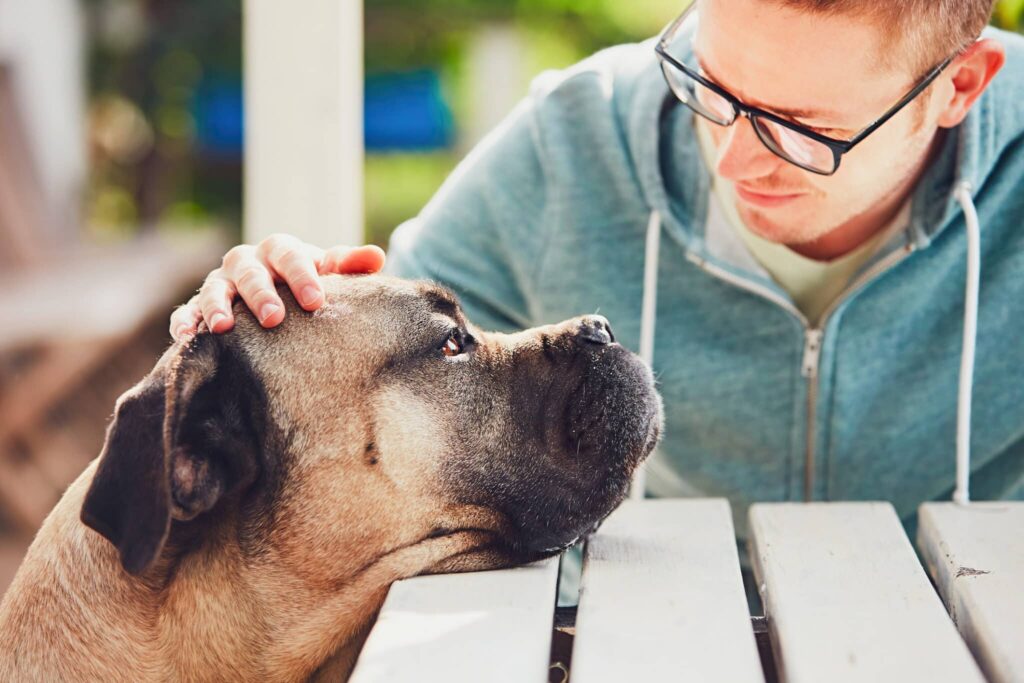
Conclusion
Coping with sudden pet loss is an emotionally challenging journey. By understanding the grieving process, seeking support, and taking care of ourselves, we can navigate immediate grief with resilience and compassion. Remember that every individual grieves differently, and there is no timeline for healing. Allow yourself to feel the pain, honor your pet’s memory, and find ways to move forward knowing that their love will always be with you.
Also Read:
